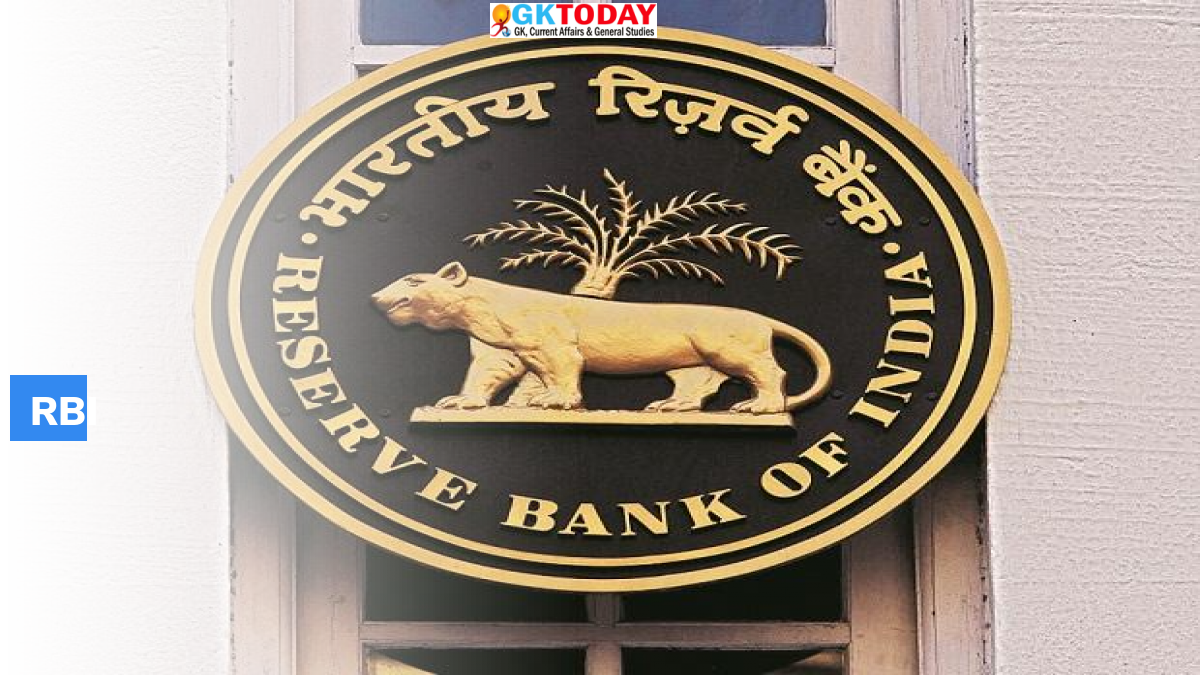RBI Framework on Indian Banks’ Foreign Businesses
On December 1, the Reserve Bank of India has unveiled a framework allowing overseas subsidiaries and branches of Indian banks and financial institutions to undertake activities that are not specifically permitted in the Indian domestic market. This framework has been implemented with immediate effect.
What are the key features of the framework?
- The framework allows Indian banks’ foreign branches or subsidiaries as well as All India Financial Institutions (AIFIs) to deal in financial products that are not permitted in Indian domestic market without prior approval from the RBI.
- The new rules are applicable to all banks regulated by the Reserve Bank of India (excluding cooperative banks, regional rural banks and local area banks) and AIFIs.
- These relaxations are subject to certain restrictions like parent banks or AIFIs requiring prior approval from their boards or concerned authorities in respective jurisdictions while dealing with such products. They are also subject to compliance with specific regulations and conditions that are put in place by the RBI and the respective host regulators.
- The activities of Indian banks’ foreign branches and IFSCs are subject to Indian laws, unless specifically exempted.
- The entities that come under the new rules must have adequate knowledge, understanding, and risk management capability to handle products.
- They can act as market makers for such products only if they have the ability to price or value such products. The pricing of such products is demonstrable at all times.
- Their exposure and mark-to-market on these products must be appropriately captured and reported in the returns filed to the RBI.
- These entities must not deal in products linked to Indian Rupees (INR) unless the RBI specifically permits it. They are not permitted to accept structured deposits from any Indian resident.
- Financial products dealt with by the foreign branches and subsidiaries as well as IFSCs will attract prudential norms like capital adequacy, exposure norms, periodical valuation, and all other applicable norms.
Month: Current Affairs - December, 2022
Category: Economy & Banking Current Affairs


